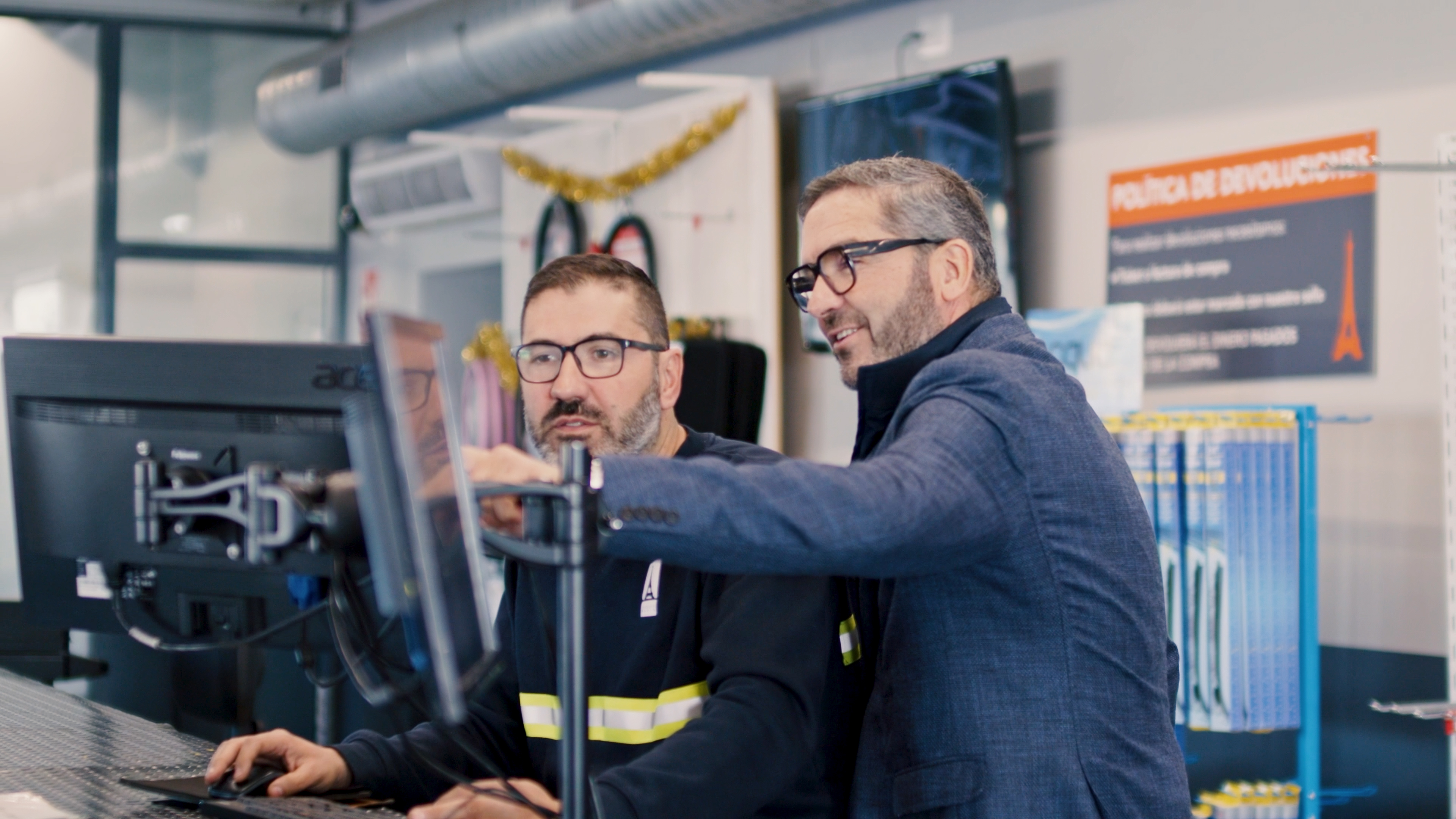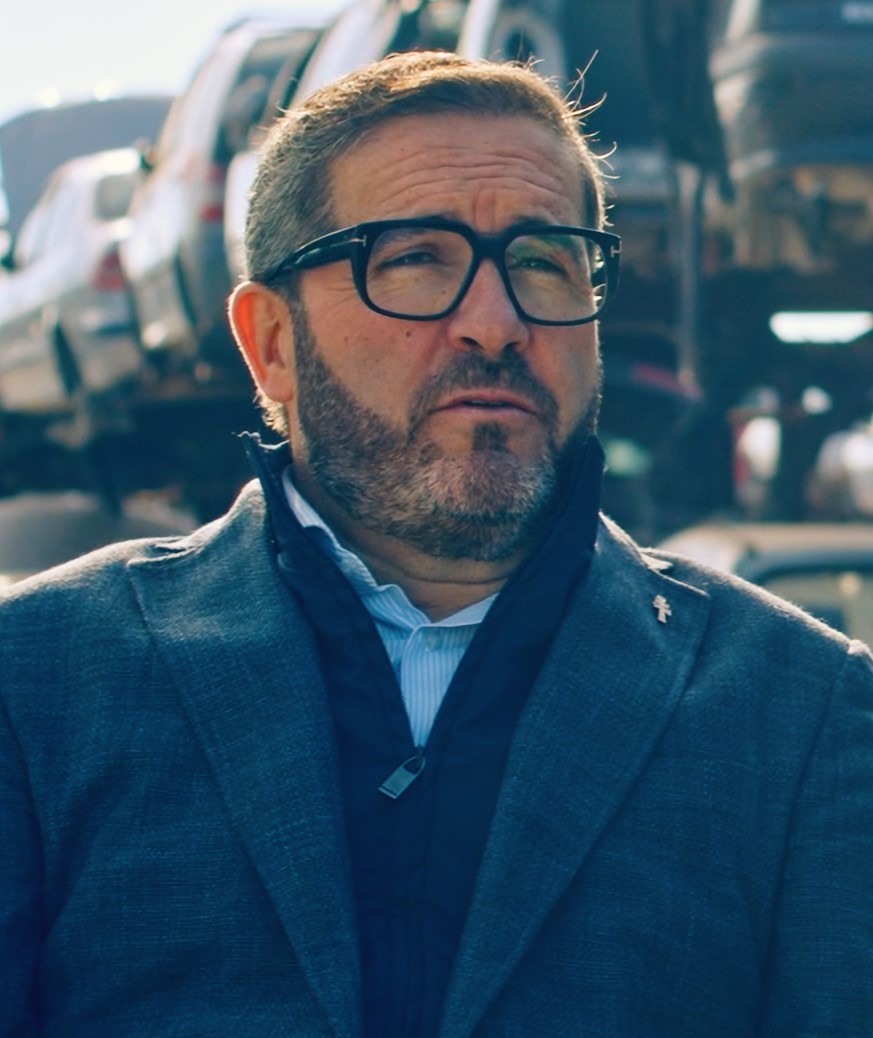 Caixabank (Go to Home)
Caixabank (Go to Home)Miguel López, from an automotive vocational training degree to presiding over the Murcian employers' association
Vocational Training seeks role models to guide new generations.
Vocational Training seeks role models to guide new generations.
In the next decade, our country will create more than 12 million job opportunities, of which almost a third, around 3.3 million, will be for vocational training graduates. The vast majority will be for the replacement of positions of people who retire and need to be filled with new workers, but there will also be newly created positions.
Vocational Training is emerging as the great labour engine in our society, far from the naive idea of it being studies for those who did not want to study. Today, this educational system serves to update the skills of many workers who are already in the labour market, as an educational bridge for others who want to continue training, and as a gateway to the labour market for many who are looking for their first opportunity.

Educational dropout decreases
Its direct impact is one of the reasons why educational dropout has reduced for the first time to 13%, according to statistics published by the Ministry of Education, Vocational Training, and Sports. Additionally, one in four workers has vocational training studies, according to the Vocational Training Observatory.
Its capacity for formative response to new demands continues to be immediate, creating new studies to respond to environmental challenges, such as technicians focused on renewable energy, water management, or senior technicians in energy efficiency; responding to new trends in the food industry with cycles such as a technician in olive oil and wine; or incorporating trained professionals to respond to new needs such as a technician in balneotherapy and wellness. All of has allowed for vocational training professionals to already be integrated into all types of work teams.
However, the lack of role models remains the great challenge to overcome. People who have achieved success from vocational training and want to be visible as examples, who have started businesses or who run companies.

Role model in the automotive sector
Miguel López Abad is one of them, president of the Regional Confederation of Business Organizations of Murcia, he studied vocational training when this was still divided into first and second degrees. He studied a vocational training in Transport and Vehicle Maintenance at the IES Miguel de Cervantes, which helped him boost the scrapping and buying and selling of cars business with his father, Desguace París, which today is constituted as Global París, incorporating the latest technologies as a recycling and waste treatment plant.

It is good that a person who does not have a university degree reaches the highest bodies defending business and taking it to the top.
Throughout two years he learned about automotive, electromechanics, and die-stamping, "a comprehensive training where you continued to grow in language skills, studied English, mathematics, drawing... and that helps you grow not only professionally but also personally."
The value of entrepreneurship
His example also embodies some of the values of the new vocational training system, such as entrepreneurship. "I was very clear that I wanted the business, I really liked the business world, dealing with people and saw a lot of potential, I saw that I had to have knowledge of mechanics, know how things work to be a good professional," says Miguel, who adds that "training must be continuous and growth constant, we can never think that we have reached the highest point."
All this has made him the first protagonist of the Dualiza Role Models program, launched by the CaixaBank Dualiza foundation, through which it will try to give visibility to those professionals who have achieved success from vocational training. New role models so that future generations have examples to look up to when developing their educational and career paths.
